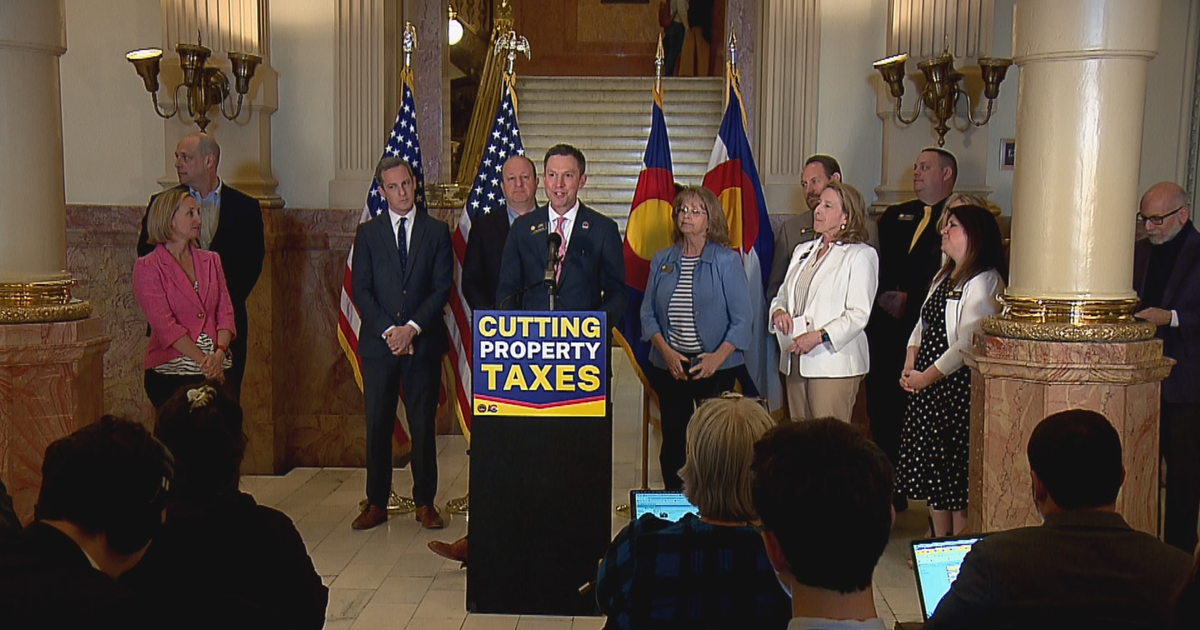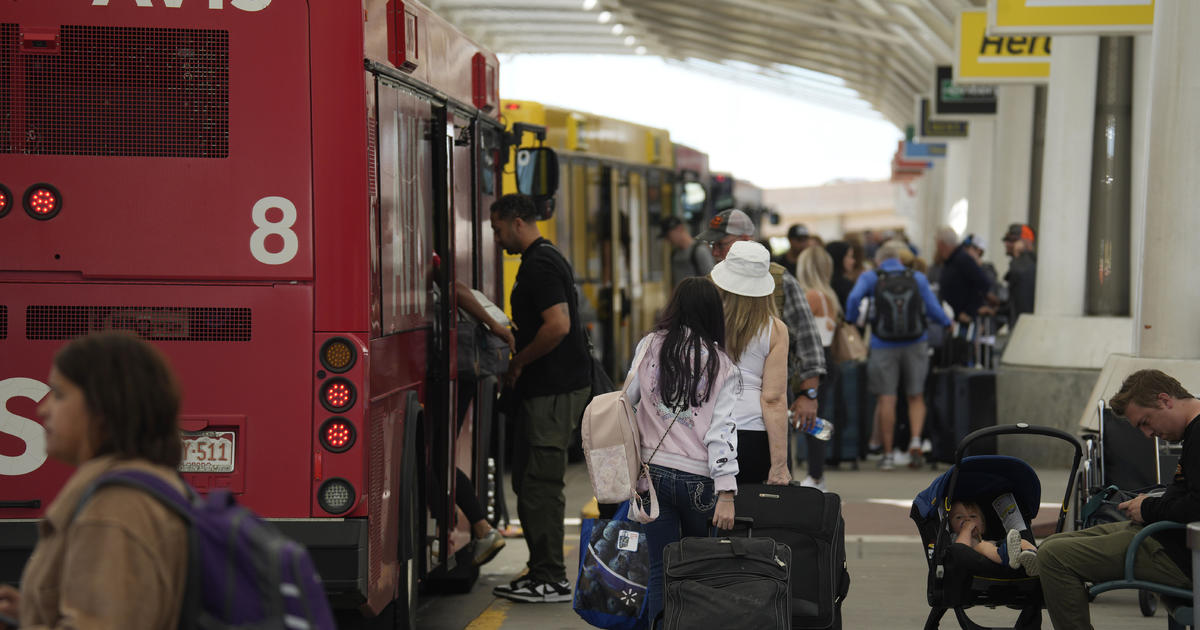Pot Taxes Under Review In Colorado
DENVER (AP) - Colorado doesn't know how much money it's going to get from marijuana taxes, but that doesn't mean it's too soon to argue about spending it.
The state Joint Budget Committee started talking Wednesday about how to divvy up the money. The panel is made up of state lawmakers who write Colorado's annual budget of about $20 billion.
Recreational marijuana sales began in January, when Colorado earned about $2 million from taxes from the new industry. The haul included sales taxes and excise taxes.
Voters have already decided that the first $40 million from marijuana excise taxes will be spent on school construction. But if the state rakes in more, lawmakers will get to dole out the funds.
The pot taxes come from 12.9 percent sales taxes and 15 percent excise taxes. Medical marijuana is taxed, too, but at a lower rate — 2.9 percent in sales taxes.
Colorado's pot taxes are expected to be wildly volatile for the first few years of recreational sales.
The tax stream will depend on how much pot people buy and how much they pay for it — variables that lawmakers can't control. Budget analysts say Colorado won't have a decent idea about its pot windfall until later this spring, possibly too late to include the money in a spending plan for the next fiscal year.
Colorado's marijuana windfall could also depend on whether other states choose to legalize pot. So far, the state budget has not been adjusted to include any recreational pot taxes.
"I think you need to just wait and see what actually happens," said John Ziegler, the Legislature's lead budget analyst.
The pot-tax question is made more uncertain by Colorado's constitutional spending constraints. Voters approved $70 million worth of pot taxes last year, a wild guess considering the drug has never been sold legally before. The constitutional restraints — known as the Taxpayer's Bill of Rights — could complicate the spending of taxes if they exceed $70 million.
Colorado's unusual spending restraints could force a taxpayer refund even if the pot taxes don't bring in too much. That's because Colorado's budget can't grow faster than inflation and population growth. It's not clear how lawmakers would refund the money, or if they could direct it just to pot purchasers.
"If I were just an ordinary voter ... this would just strike me as completely bizarre," said Sen. Pat Steadman, D-Denver.
Gov. John Hickenlooper has already sent lawmakers his suggestions for spending the pot-tax money. Hickenlooper estimated the pot taxes would bring in $134 million — an amount that includes taxes from medical marijuana, not just recreational pot.
The governor's spending plan included money for youth marijuana-use prevention plus more money for substance-abuse treatment and preventing stoned driving.
"We view our top priority as creating an environment where negative impacts on children from marijuana legalization are avoided completely," Hickenlooper wrote in his February request.
By Kristen Wyatt, AP Writer
(© Copyright 2014 The Associated Press. All Rights Reserved. This material may not be published, broadcast, rewritten or redistributed.)



